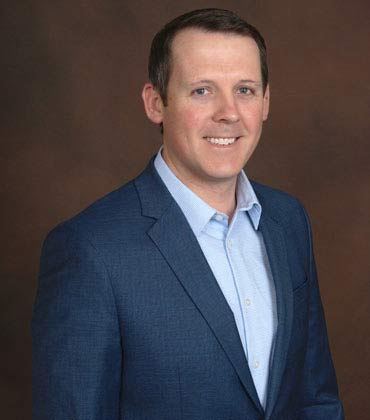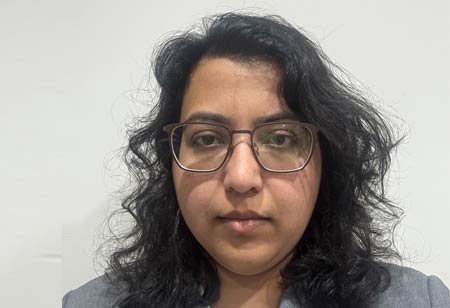THANK YOU FOR SUBSCRIBING
By Jonathan Wear, Digital Asset Manager, Flowers Foods & Subsidiaries
Technologies Simplifying Document Management System
By Steve Molino, Principal, Clear Current Capital
Investing in Sustainable Alternative Proteins to Reinvent...
By Steven Rumsey, Director, Innovation & Technology at Duas Rodas
The Rise and Benefits of the Use of Natural Extracts in...

Written Process / Procedures: Need of an hour
Sherri Williams, Head of Technical Services, JBS

 Sherri Williams, Head of Technical Services, JBS
Sherri Williams, Head of Technical Services, JBSI was asked to write an article on using technology in the food safety and quality assurance (FSQA) world. At first, I was excited to think about what new and upcoming technological gadgets we were going to be using and how technologically advanced the meat packing industry has come through the years. This excitement was soon overtaken by a phone call I had just received. The phone call ended up discovering that the situation would not have occurred if we had followed the processes that we had in place, which could not have been prevented by using technology.
More often than not, it isn’t about what technology can do for you in my world, but rather, "if only we had followed the procedures/processes/systems that we already have in place." Funny how that works, technology can’t make an individual follow a process, no matter how hard we try to create a way to do just that.
So how do I get through a day of ‘if only we would have followed…’? That is an excellent question, and if I had the answer, I’d be retired and very rich right now. Unfortunately, I’m neither retired nor rich, so from my perspective, it begins with understanding why process / procedural control is important. Followed by the understanding of what the benefits are from controlling the process / procedures.
“The best way FSQA can add to a company’s bottom line is to hold the processes / procedures accountable and minimize the apparent risk as much as possible.”
Let’s look at the factors that play into understanding why process / procedural control is important. When you have process / procedural controls in place, you can expect the following to occur: people know what to do when something happens or doesn’t happen; the knowledge remains intact when experienced employees are gone, and you don’t have to rely solely on one individual to know what to do. When a procedure or process is written down and accessible to others at all times, then they know how to handle or react to certain specific situations that may arise. They know how to react to any given situation because they are able to reference a clearly written document, meaning that action can be taken sooner rather than later instead of trying to track someone else down to ask what to do.
Now for the benefits of process / procedural control. When the process / procedure is under control, it allows for accountability, meaning that if it were out of control, it would get corrected and result in minimized adverse effects on the product. For those folks that are averse to risk, as am I, holding the process / procedure in control and accountable limits the risk that could occur.
Why does any of this cross my mind so often? Interestingly enough, it can be the difference between a decision you have to make that only costs $1,000 versus one that costs $1,000,000 or potentially even more. I’m much more amenable when I have to suggest to my boss that we remove $1,000 worth of product from the system than I am when I have to recommend that we remove $1,000,000 from the system. FSQA is definitely not about the money, let’s face it, FSQA is not a profit center. However, I’ve come to believe that the best way FSQA can add to a company’s bottom line is to hold the processes / procedures accountable and minimize the apparent risk as much as possible.
Read Also













